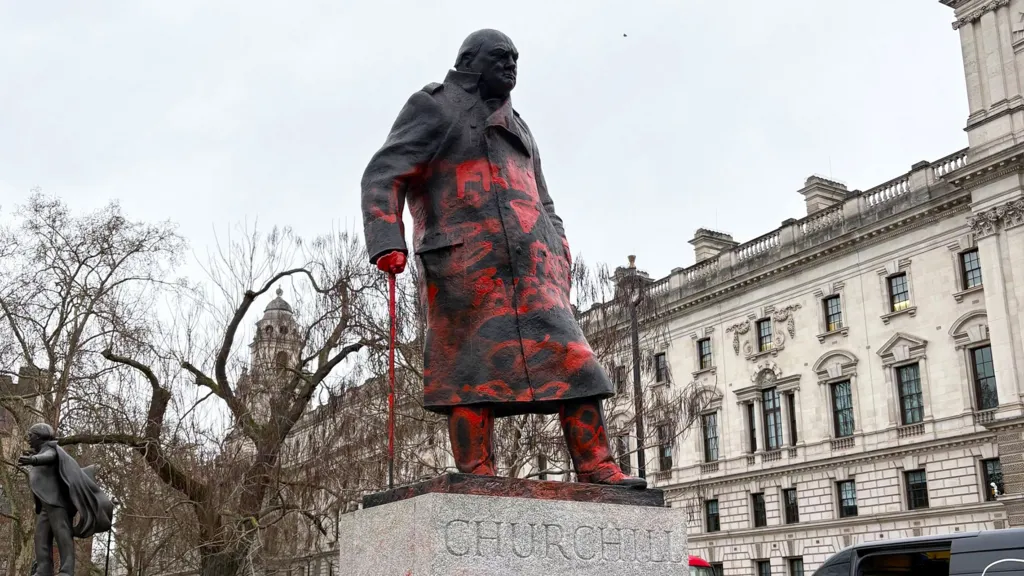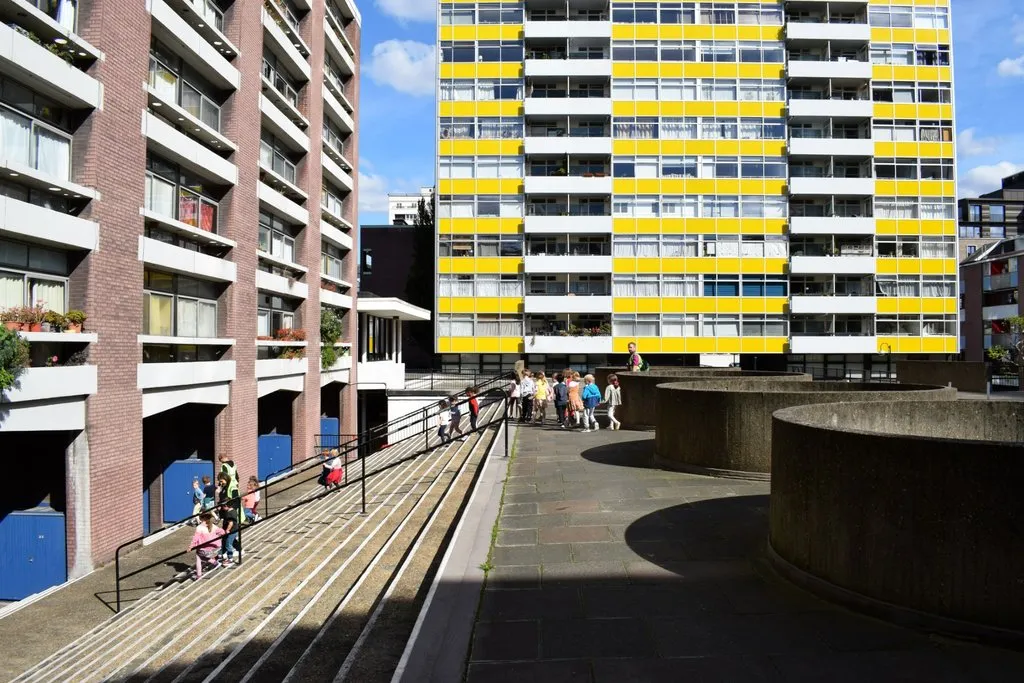
A team of researchers from the University of Arizona College of Medical has found that some artificial heart patients can regenerate heart muscles. This could open the door to new ways to treat and even cure heart failure. The results have been published in the journal Circulation.
According to America’s Center for Disease Control and Prevention, heart failure affects almost 7 million adults in the US and is responsible for around 14% of annual deaths there. There is currently no cure for it, though medication can slow its progression. Other than a transplant, the only treatment is a pump replacement through artificial hearts, known as a left ventricular assist device. This helps it pump blood around the body.
“Skeletal muscle has a significant ability to regenerate after injury. If you’re playing soccer and you tear a muscle, you need to rest it, and it heals,” said Hesham Sadek, MD, PhD, director of the Sarver Heart Center and chief of the Division of Cardiology at the U of A College of Medicine — Tucson’s Department of Medicine. “When a heart muscle is injured, it doesn’t grow back. We have nothing to reverse heart muscle loss.”
Sadek led a collaboration between experts around the world to investigate weather muscles in hearts can regenerate. It was funded thanks to a grant awarded to Sasdek by the Leducq Foundation Transatlantic Networks of Excellence Program, which unites investigators in Europe and the US to tackle big problems.
The project began with tissue from patients with artificial hearts provided by colleagues at the University of Utah Health and School of Medicine led by Stavros Drakos, MD, PhD, considered a pioneer in left ventricular assist device-mediated recovery. Jonas Frisén, MD, PhD, and Olaf Bergmann, MD, PhD, of the Karolinska Institute in Stockholm, led teams in Sweden and Germany used their own method to carbon date tissue from human hearts to determine if the samples were newly regenerated cells.
They found that patients with artificial hearts regenerated at nearly six times the rate of those with healthy hearts.
“This is the strongest evidence we have, so far, that human heart muscle cells can actually regenerate, which really is exciting, because it solidifies the notion that there is an intrinsic capacity of the human heart to regenerate,” Sadek said. “It also strongly supports the hypothesis that the inability of the heart muscle to ‘rest’ is a major driver of the heart’s lost ability to regenerate shortly after birth. It may be possible to target the molecular pathways involved in cell division to enhance the heart’s ability to regenerate.”
Stay tuned to EyeOnLondon for the latest news and expert opinions.
Follow us on:
Subscribe to our YouTube channel for the latest videos and updates!
We value your thoughts! Share your feedback and help us make EyeOnLondon even better!









